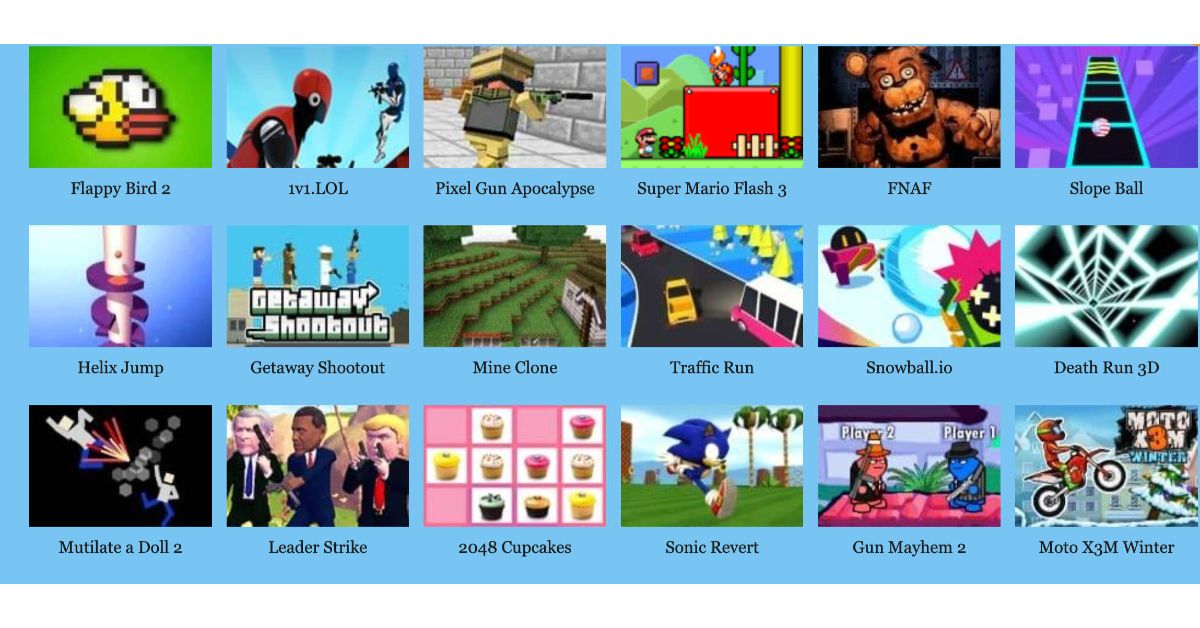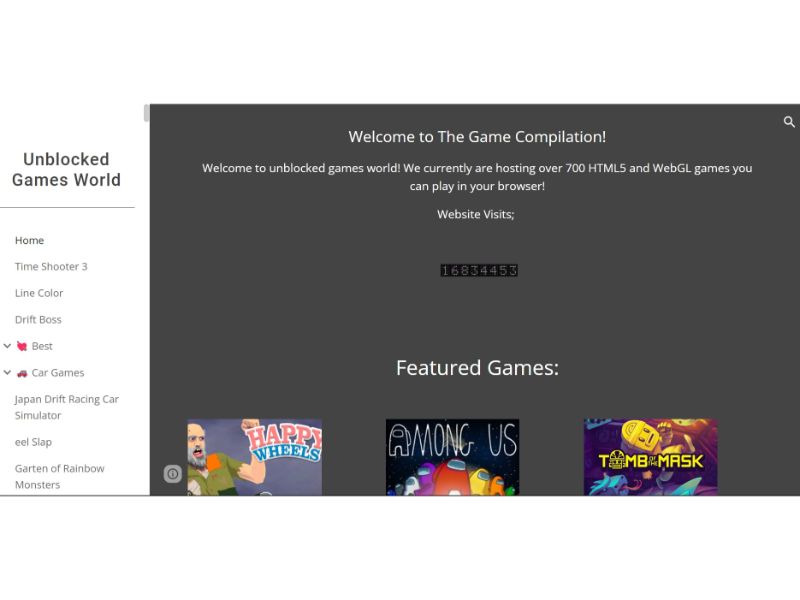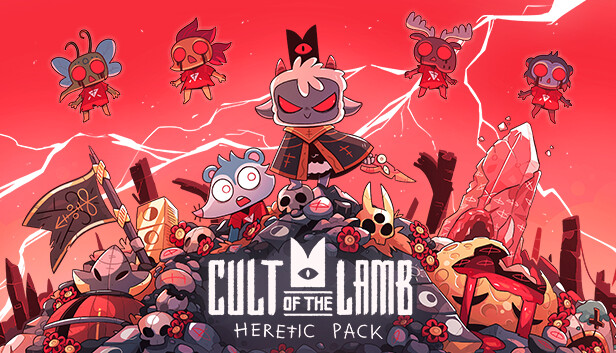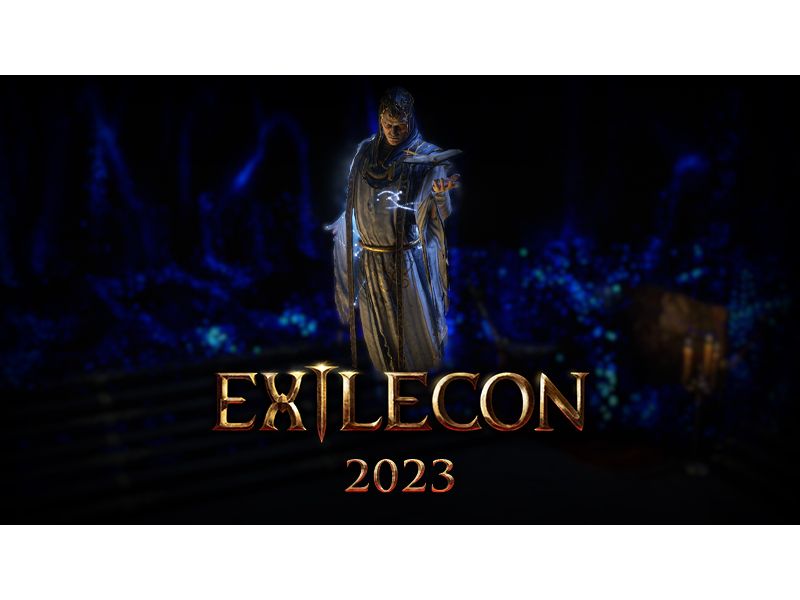Microsoft has undertaken a task all their own to “fix” the code in Chromium to remove “potentially offensive” terms such as “blacklist”, “whitelist”, and other “controversial” words.
The news was picked up by The Register, who outlined Microsoft’s project team who set it upon themselves to purify the words and terms used in Google’s codebase for Chromium, which they’re adopting for use in Edge.
It originally started with a post on the Chromium bug forum back on July 3rd, 2019. A project manager at Microsoft wrote…
“This will be the parent issue for all the potential words we find in the codebase.
“The effort here would be just putting up small CLs grouped by area/directory (for reviewer’s sake). Hopefully uncontroversial to land quickly.
“For anything with potential non-trivial compact impact (command line parameter names, enterprise policy keys, etc), the suggestion would be doing them in one-offs (or very small related groups) so we can ask experts on a case-by-case basis whether some mitigation is necessary.”
If you read through the threads it’s quite cringe-worthy.
In one section a user asks why “cracker” was flagged, and it was explained by the Microsoft lead…
“[…] we are just sharing a subset of what PoliCheck scanned for us, I agree the word “cracker” is a common term, so we could close that issue down. But for example the following context could be deemed offensive since the context:
crackers | Diversity | Sev1 | ipcipc_message_macros.h:316 | // Message crackers and handlers. Usage:
“In general, the chromium code base is cleaned, the majority of the cases is with the third party code which Chromium inherits which contains profanity, geopolitical, diversity issues.
“Regarding sharing the Microsoft list, PoliCheck is a machine learned model that another team manages that does context based scanning on hundreds of file formats, let me reach out to them to see what we can do.”
The whole thing even took a Google staff by surprise, as noted by The Register.
Google’s Rick Byers chimed in to comment on the task to “clean up” the Chromium codebase language, writing…
“This sounds like a good strategy to me, thanks for doing this! We certainly have never intended for anything in the codebase to be potentially offensive, but I’m also not aware of anyone making an effort to find them all.
“In particular, I agree that non-behavior-impacting changes should be non-controversial and pretty easy to quickly get through code review without debate over whether some word is “potentially offensive” or not. If it’s on the standard Microsoft list, then that’s “potentially” enough for me – at least for anything in platform (content, blink, etc.), I can’t speak for //chrome code myself.
“Of course behavior-impacting cases like UI and command-line flags will require a trade off to be made of some sort, so separating those out and discussing the trade off on a case-by-case basis sounds right to me.”
Some of these changes included more than just modifying “cracker”, but also changing “blacklist” to “blocklist”. Why? Because “blocklist” happens to be more “inclusive”, according to one of the developers working on Chromium.
In fact, Ryan Sleevi wrote…
“Rename GPU blacklist to blocklist
“The name “blocklist” is more inclusive than “blacklist” while still conveying the intention clearly.”
That’s right. Instead of fixing bugs or implementing cool new functionality or features, a handful of people are wasting time renaming codebase terms… for literally zero benefit to the overall project.
They’ve continued to toil away from July all the way up to September. The last update came just last week on September 5th, 2019. Hence, the project managed to span several months… so far.
It’s an unfortunate and sad state of affairs when people are wasting time trying to find words that offend them so that they can change them in a codebase that is neither front-facing users nor is it code that users care about accessing. Suffice it to say, this endeavor is a complete and utter waste of everyone’s time.
(Thanks for the news tip msoltyspl)
(Main image courtesy of DarkSora01)









